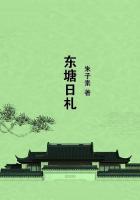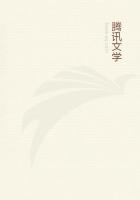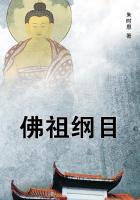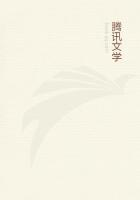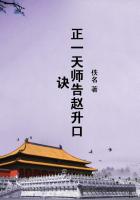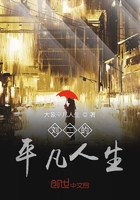I saw the prince's armed men come down By troops, by thousands, to besiege the town, I saw the captains, heard the trumpets sound, And how his forces covered all the ground, Yea, how they set themselves in battle array, I shall remember to my dying day."Bunyan's other essays in the domain of poetry need not detain us long. The most considerable of these - at least in bulk - if it be really his, is a version of some portions of the Old and New Testaments: the life of Joseph, the Book of Ruth, the history of Samson, the Book of Jonah, the Sermon on the Mount, and the General Epistle of St. James. The attempt to do the English Bible into verse has been often made and never successfully: in the nature of things success in such a task is impossible, nor can this attempt be regarded as happier than that of others. Mr. Froude indeed, who undoubtingly accepts their genuineness, is of a different opinion.
He styles the "Book of Ruth" and the "History of Joseph" "beautiful idylls," of such high excellence that, "if we found them in the collected works of a poet laureate, we should consider that a difficult task had been accomplished successfully." It would seem almost doubtful whether Mr. Froude can have read the compositions that he commends so largely, and so much beyond their merit. The following specimen, taken haphazard, will show how thoroughly Bunyan or the rhymester, whoever he may be, has overcome what Mr. Froude regards as an almost insuperable difficulty, and has managed to "spoil completely the faultless prose of the English translation":-"Ruth replied, Intreat me not to leave thee or return;For where thou goest I'll go, where thou sojourn I'll sojourn also - and what people's thine, And who thy God, the same shall both be mine.
Where thou shalt die, there will I die likewise, And I'll be buried where thy body lies.
The Lord do so to me and more if I Do leave thee or forsake thee till I die."
The more we read of these poems, not given to the world till twelve years after Bunyan's death, and that by a publisher who was "a repeated offender against the laws of honest dealing," the more we are inclined to agree with Dr. Brown, that the internal evidence of their style renders their genuineness at the least questionable.
In the dull prosaic level of these compositions there is certainly no trace of the "force and power" always present in Bunyan's rudest rhymes, still less of the "dash of genius" and the "sparkle of soul" which occasionally discover the hand of a master.
Of the authenticity of Bunyan's "Divine Emblems," originally published three years after his death under the title of "Country Rhymes for Children," there is no question. The internal evidence confirms the external. The book is thoroughly in Bunyan's vein, and in its homely naturalness of imagery recalls the similitudes of the "Interpreter's House," especially those expounded to Christiana and her boys. As in that "house of imagery" things of the most common sort, the sweeping of a room, the burning of a fire, the drinking of a chicken, a robin with a spider in his mouth, are made the vehicle of religious teaching; so in this "Book for Boys and Girls," a mole burrowing in the ground, a swallow soaring in the air, the cuckoo which can do nothing but utter two notes, a flaming and a blinking candle, or a pound of candles falling to the ground, a boy chasing a butterfly, the cackling of a hen when she has laid her egg, all, to his imaginative mind, set forth some spiritual truth or enforce some wholesome moral lesson. How racy, though homely, are these lines on a Frog! -"The Frog by nature is but damp and cold, Her mouth is large, her belly much will hold, She sits somewhat ascending, loves to be Croaking in gardens, though unpleasantly.
The hypocrite is like unto this Frog, As like as is the puppy to the dog.
He is of nature cold, his mouth is wide To prate, and at true goodness to deride.
And though this world is that which he doth love, He mounts his head as if he lived above.
And though he seeks in churches for to croak, He neither seeketh Jesus nor His yoke."There is some real poetry in those on the Cuckoo, though we may be inclined to resent his harsh treatment of our universal favourite:-"Thou booby says't thou nothing but Cuckoo?
The robin and the wren can that outdo.
They to us play thorough their little throats Not one, but sundry pretty tuneful notes.
But thou hast fellows, some like thee can do Little but suck our eggs, and sing Cuckoo.
Thy notes do not first welcome in our spring, Nor dost thou its first tokens to us bring.
Birds less than thee by far like prophets do Tell us 'tis coming, though not by Cuckoo, Nor dost thou summer bear away with thee Though thou a yawling bawling Cuckoo be.
When thou dost cease among us to appear, Then doth our harvest bravely crown our year.
But thou hast fellows, some like thee can do Little but suck our eggs, and sing Cuckoo.

